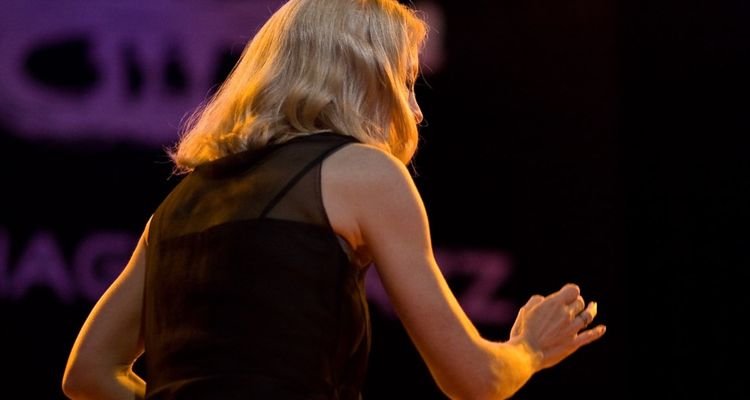Photo Credit: Maurice / CC by 2.0
Google and YouTube are officially moving for summary judgement in their much-publicized courtroom confrontation with Grammy-winning jazz composer Maria Schneider.
This latest development in the years-running legal battle arrives just days after YouTube issued a firmly worded answer to the complaint as well as several counterclaims against a former plaintiff (but not Maria Schneider).
In brief, the marathon case kicked off back in 2020, when Schneider claimed, among other things, that the Google-owned video-sharing platform had denied her (and other creators who lack “economic clout”) full access to Content ID – thereby exposing her works to repeat infringement.
As mentioned at the outset, the defendants are now pushing for summary judgement against Schneider, a new filing has revealed, with an official request for the corresponding order expected to arrive on October 13th.
Ahead of this formal request, though, YouTube across 30 pages took aim at several components of Schneider’s suit, which it says is “meritless for myriad reasons.” The first of these reasons concerns the allegedly “improper removal of her copyright management information,” which YouTube maintains that it was in any event authorized to perform under a blanket license with the music professional’s publisher, Modern Works Music Publishing.
“Schneider also has charged YouTube with improperly removing CMI [copyright management information] that she claims may have been buried in the metadata of videos uploaded by other users to YouTube,” the legal document reads in part. “But Schneider has refused, despite repeated requests, to identify the supposed CMI or the videos allegedly containing it.
“Schneider cannot show that YouTube intentionally removed CMI, much less that it did so knowing (or with reason to know) that such removal would foment infringement,” the text drives home.
On the infringement front, the defendants stated that two licenses, the aforementioned blanket agreement with Schneider’s publisher and “a license in the YouTube TOS,” authorized it to use the works in question. Moreover, the platform’s terms of service are said to bar “many of Schneider’s claims.”
Lastly, YouTube and Google expressed the belief that “hundreds” of the noted copyright infringement claims from Maria Schneider are time-barred under the video-sharing giant’s terms of service and the Copyright Act itself.
Regarding the alleged inaccessibility of Content ID, the motion relays that “since 2014, Schneider through her publisher has had access to and used YouTube’s Content ID to identify uses of her works on YouTube,” besides purportedly being “aware of third-party services offering Content ID access.”
At the time of this writing, Maria Schneider didn’t appear to have addressed the motion for summary judgement on Twitter, and it remains to be seen how Pirate Monitor, the previously highlighted former plaintiff that Google and YouTube are pursuing counterclaims against, will respond to the situation.

